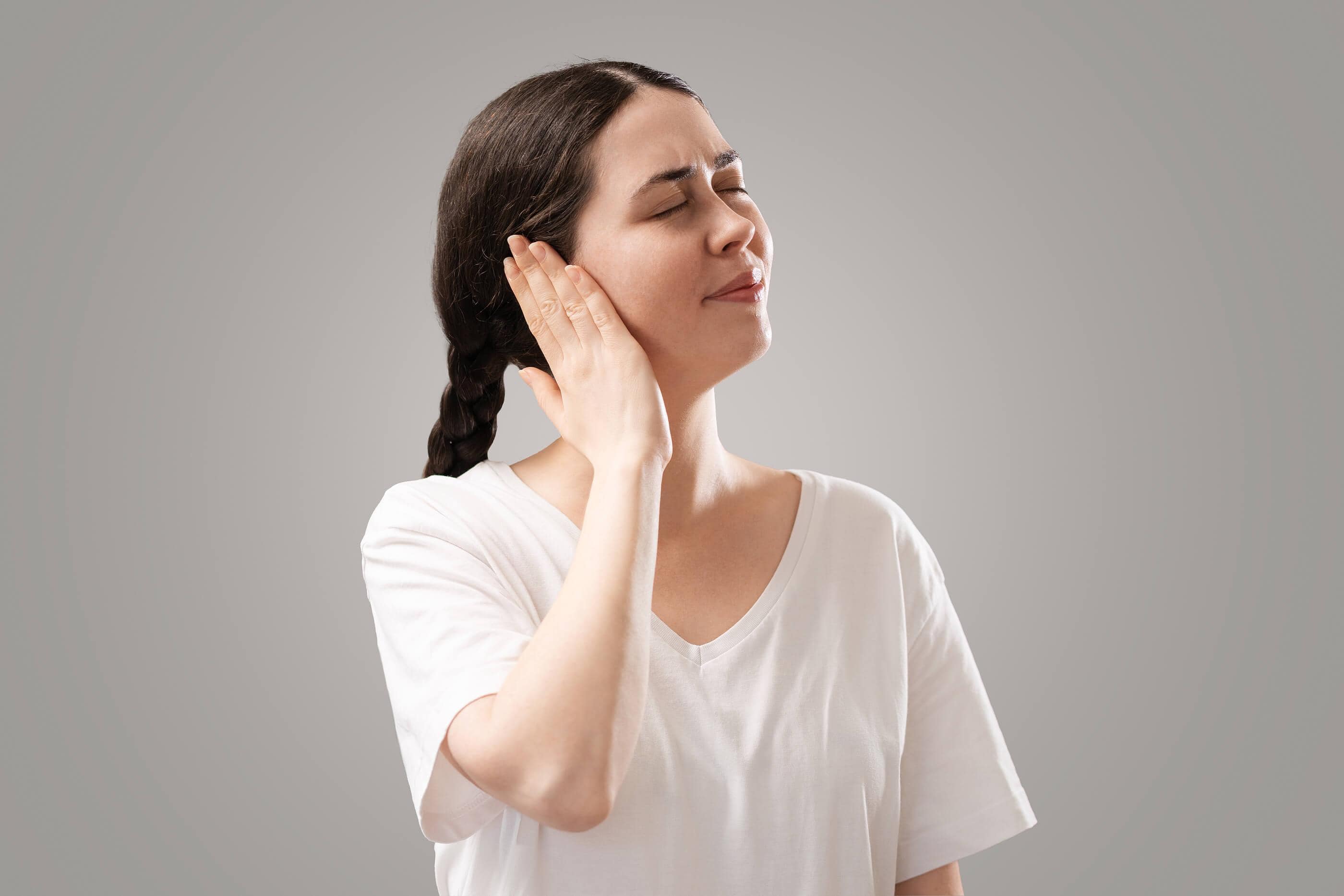
- How Spending Time Outdoors Enhances Hearing Health - July 16, 2024
- Exploring the Impact of Sports on Hearing Health - July 3, 2024
- The Impact of Diet on Hearing Loss - June 28, 2024
Pain killers, also known as analgesics, are medications commonly used to alleviate pain and discomfort. While these drugs provide essential relief for various ailments, research has suggested that their prolonged and excessive use may be associated with adverse effects, including hearing loss. In recent years, concerns have been raised about the impact of painkillers on different populations, particularly women. Today’s analysis aims to explore the correlation between painkillers and hearing loss, with a specific focus on how this relationship may differ among women.
Understanding Pain Killers and Their Mechanism
Painkillers are available in different forms, including non-steroidal anti-inflammatory drugs (NSAIDs) such as aspirin, ibuprofen, and naproxen, as well as opioids like codeine and oxycodone. These medications work by targeting specific pathways in the body to reduce pain and inflammation. NSAIDs inhibit enzymes responsible for producing prostaglandins, which are chemical messengers that promote inflammation and pain. Opioids, on the other hand, interact with receptors in the brain and spinal cord to alter the perception of pain.
The Emerging Link Between Painkillers and Hearing Loss
Recent scientific studies have started to shed light on a possible correlation between the long-term use of painkillers and hearing loss. Researchers have identified that the mechanisms of painkillers’ action may have unintended consequences on the delicate structures of the inner ear. These structures are vital for hearing, and any damage to them could lead to hearing impairment.
One study published in the American Journal of Epidemiology found that regular use of NSAIDs was associated with a higher risk of hearing loss in women. The researchers speculated that the anti-inflammatory effects of NSAIDs might disrupt the blood flow to the inner ear, affecting its function and leading to hearing difficulties over time.
Another study, conducted by scientists at Harvard Medical School, revealed a potential link between opioids and hearing loss. They observed that individuals who used opioids for extended periods had a greater likelihood of experiencing hearing problems. Although the exact mechanism remains unclear, it is hypothesized that opioids might impact the auditory nerves or centers in the brain that process sound.
The Impact of Painkillers on Women
Women, biologically and physiologically distinct from men, may have unique responses to pain killers. Several factors contribute to the gender differences in drug metabolism and tolerance, including body composition, hormonal variations, and genetic factors. Consequently, these differences may also influence how painkillers affect women’s hearing health.
Hormonal variations: Female sex hormones, such as estrogen and progesterone, have been shown to influence pain perception and inflammation. Fluctuations in hormone levels during the menstrual cycle, pregnancy, and menopause could potentially interact with pain killers and their effects on hearing.
Differences in drug metabolism: Women often have different metabolic pathways for processing medications compared to men. These differences can impact drug efficacy and the likelihood of side effects, including hearing loss.
Pain prevalence: Chronic pain conditions are more prevalent among women, leading to a higher likelihood of using painkillers over extended periods. This prolonged exposure may increase the potential risk of hearing impairment.
The Role of Lifestyle Factors
Beyond biological factors, lifestyle choices also play a significant role in the correlation between painkillers and hearing loss among women. Factors such as smoking, alcohol consumption, and exposure to noise pollution can exacerbate the risk of hearing damage when combined with long-term painkiller use.
Smoking: Smoking has been associated with hearing loss, and when coupled with the use of painkillers, it may lead to synergistic effects on hearing health.
Alcohol consumption: Excessive alcohol consumption can harm the auditory system and, when combined with painkillers, may increase the likelihood of hearing loss.
Noise exposure: Frequent exposure to loud noise, either in the workplace or through recreational activities, can contribute to hearing damage. Pain killers may inadvertently mask the early signs of hearing impairment, leading to delayed diagnosis and intervention.
In The End
While painkillers are essential medications for pain relief, their potential correlation with hearing loss warrants attention and further research. Women, in particular, may be more susceptible to the adverse effects of these drugs on hearing health due to biological and lifestyle factors. As such, healthcare professionals should carefully consider the risks and benefits of painkiller use, especially for women with pre-existing hearing issues or those who require long-term pain management.
Public awareness campaigns and educational initiatives should be launched to inform both healthcare providers and the general public about the possible correlation between painkillers and hearing loss. Additionally, further studies should be conducted to delve deeper into the mechanisms involved, gender-specific responses, and the impact of lifestyle factors. With enhanced knowledge and awareness, we can work towards safer pain management strategies that prioritize hearing health for all individuals, regardless of gender.
If you have any questions about this topic or anything other hearing related topics, please contact us. Our friendly staff of hearing professionals are ready to assist you.
